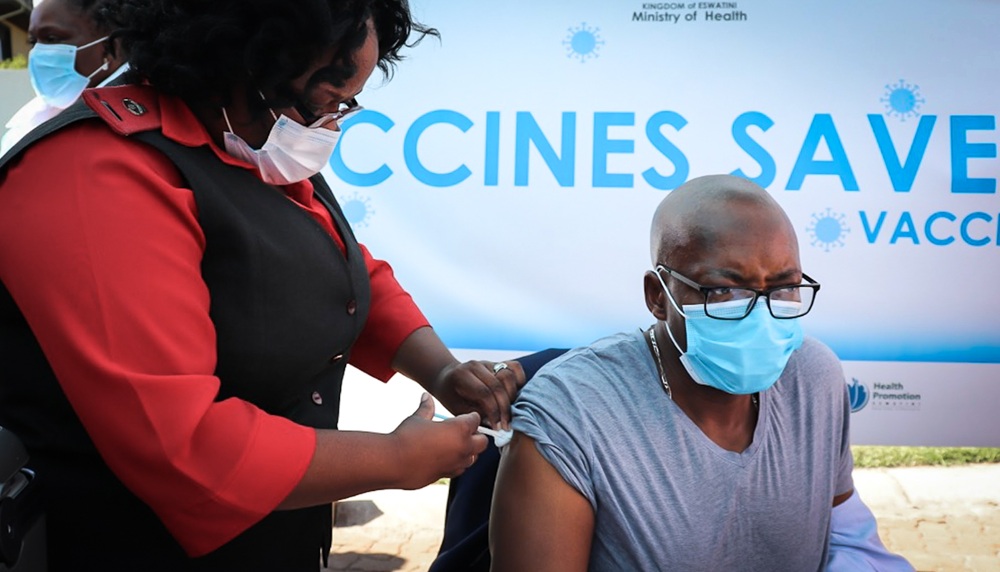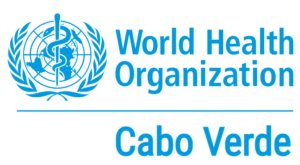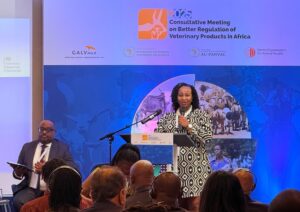
Screenshot
Eswatini, facing one of the world’s highest cervical cancer burdens, has intensified efforts to eliminate the disease through capacity building for healthcare workers. In support of this, the World Health Organization (WHO) Country Office collaborated with Eswatini’s Ministry of Health (MOH) and the WHO Regional Office for Africa (AFRO) to implement the Cervical Cancer Elimination Acceleration Plan (2024–2028), aiming to achieve the WHO 90–70–90 targets by 2030.
“The Ministry of Health has embarked on a task-sharing initiative, training nurses to perform LEEP procedures while doctors provide ongoing mentorship at hospital and primary care levels. HPV testing and Visual Inspection with Acetic Acid (VIA) services have also been decentralized,” said Ms. Xolisile Dlamini, National Cancer Control Unit Program Manager – MOH.
From 6 to 17 October 2025, a 10-day Loop Electrosurgical Excision Procedure (LEEP) training was held for 31 healthcare workers—8 doctors and 23 nurses—across three clinical sites: Phocweni Clinic, AHF Clinic, and Chakaza Clinic. The training combined theoretical sessions with supervised hands-on practice, covering modules on anatomy, screening, pre-cancer treatment (LEEP and thermal ablation), infection prevention, pathology, and data management.
Dr. Dille, Surgical Oncologist and Regional Advisor on Cancer for WHO AFRO, explained, “The training equipped healthcare workers with technical skills and decision-making capacity for appropriate lesion assessment, treatment indication, referral, and integration of cervical cancer services within primary health care.”
Over 80 procedures were performed during the training, including 33 LEEPs, one thermal ablation, and three biopsies, addressing a pre-existing treatment backlog. Only one minor complication occurred and was managed per WHO protocols.
Read Also: Menstruation: Healthcare practitioner tasks girls on optimal hygiene
Dr. Teluleko Maseko, National Cervical Cancer Coordinator – MOH, highlighted the impact, saying, “Clinical decision-making, coordination between screening, treatment, and pathology services, and referral practices have all significantly improved.”
Key outcomes of the training included discussions on establishing a National Cervical Cancer Task Force and revising national screening and treatment guidelines to align with WHO standards, critical steps for sustaining elimination efforts.
Next steps include participants conducting a total of 30 LEEP cases for certification by March 2026, integrating data into DHIS2, and setting up mentorship and quality assurance frameworks.
Dr. Susan Tembo, WHO Eswatini Representative, lauded the initiative, stating, “The LEEP training exemplifies how national and regional collaboration, evidence-based training, and government ownership can turn the Global Strategy for Cervical Cancer Elimination into action. Even high-burden countries like Eswatini can make measurable progress toward elimination with partnership, commitment, and technical excellence.”








